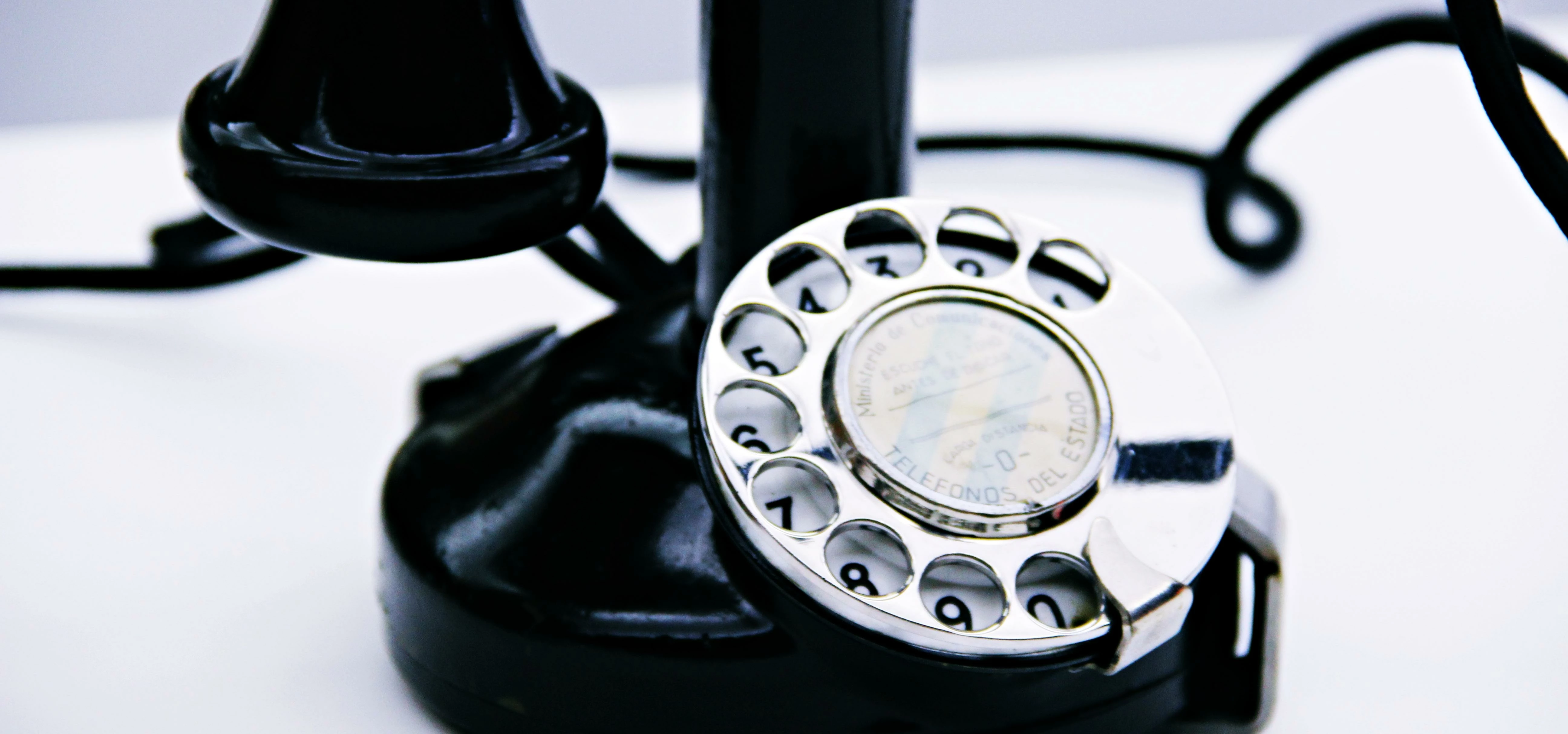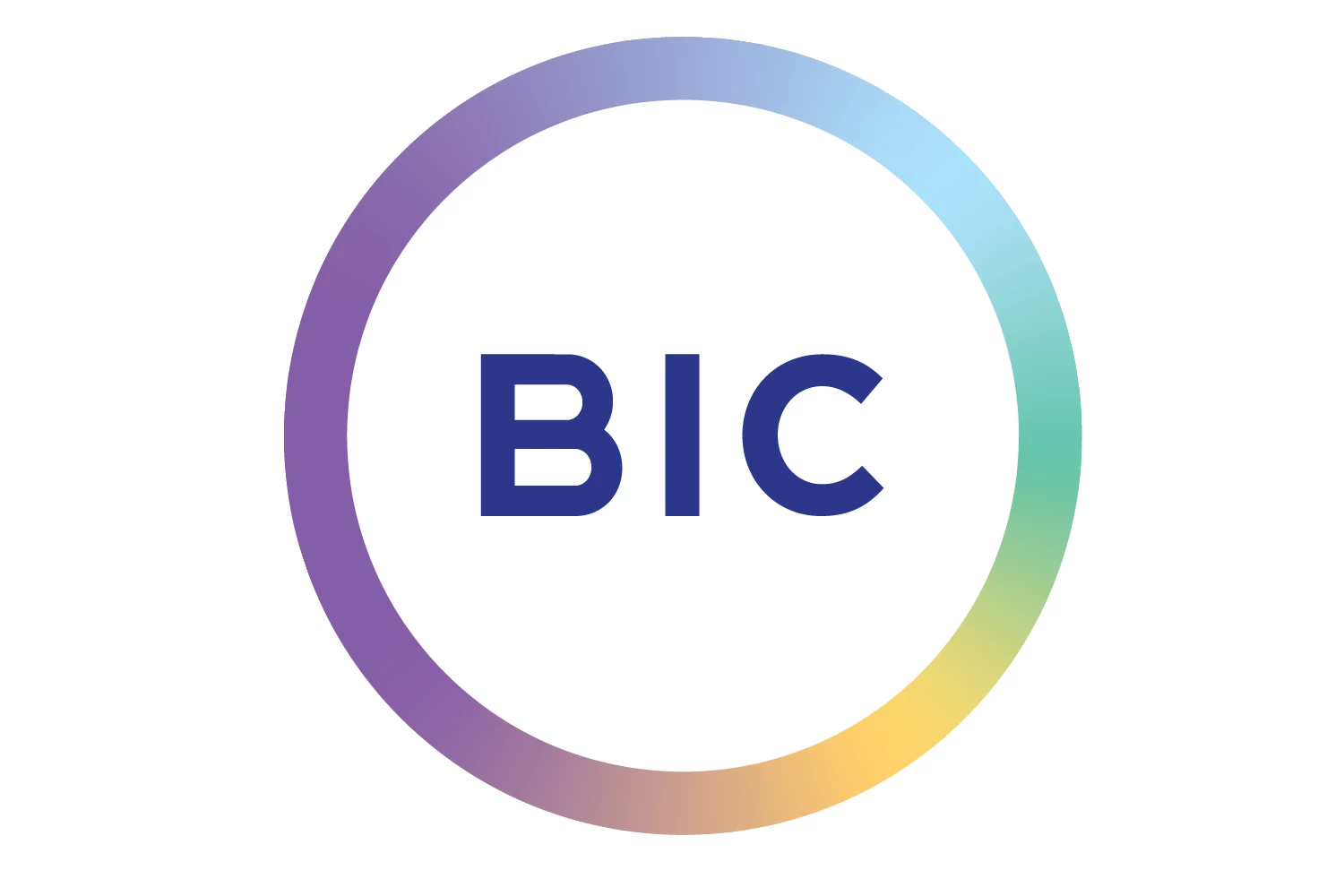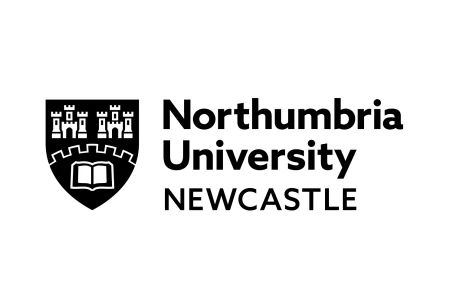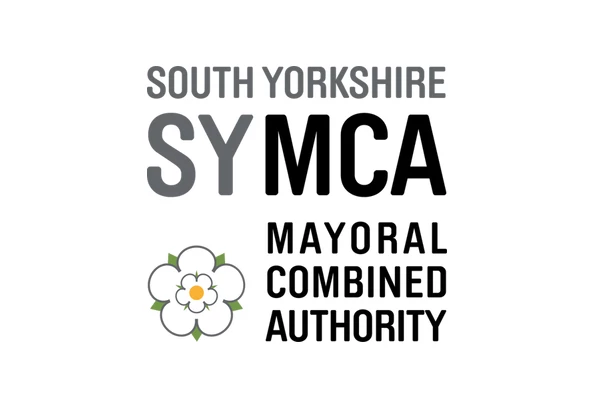
Member Article
The cost of calling 118 numbers
Many of you may remember that until 2002 there was only a single number that you could ring from a landline for directory enquiries: 192. However, in 2002, Ofcom (Oftel at that point) opened up this market to competition; with the intention of reducing the costs applicable to consumers, when in fact the reverse has turned out to be true. The 192 number would cost 40p to call back in 2002, and now to call a 118 number will cost significantly more.
From a landline, charges are upwards of £1 for the first minute, with charges varying after the first minute, and from mobiles this can be significantly more, with some providers charging up to an astonishing £5 per minute to any 118 number apart from their own directory enquiries number. What people seem to forget is that if you ask for the call to be put through, this does not revert to standard call charges, but instead remains at the cost of the directory enquiry. A case in 2009 highlights this where a man was charged £350 for a call connected with 118.
It appears as though many consumers grossly underestimate the cost of making directory calls, as a survey from The Guardian shows with 66% believing they cost less than £1; and the total cost of directory enquiry calls in 2009 was estimated at £500million – and there are so many cheaper or free alternatives available.
So why do people still call these numbers with high costs?
I asked this question at a recent networking event that I attended and the main response was one which I may naively have overlooked – in that employees will often call these 118 numbers if they are not the ones paying the phone bills. This seems particularly unnecessary if using the office phone, as a simple google search will bring up the desired number often quicker than even connecting a call, and if on the road, there are many ways around the problem. More than 70% of people in the UK use a smartphone, and so a google search would do the trick. A 192 app is also available, achieving the same results. If you contact your telecoms service provider they should be able to program the system so that you are unable to dial 118 numbers; systems provided through us allow remote access to do this and we can program this for free, ask your provider for details if unsure.
For those without a smartphone then the problem becomes a little more acceptable, however there is a Freephone 118 number which is available to use, which is not commonly known – 0800 118 FREE (0800 118 3733), and whilst this is an automated service, providing you are happy to listen to one advert, it achieves the same results. With networks introducing free calls to 0800 numbers this would entirely solve the problem, and in the meantime you could always use 0800 buster which is a nifty service I use regularly. You dial 0333 555 8800 from your mobile (uses inclusive minutes) and then dial the 0800 number followed by the # key. Possibly slightly long winded, but works!
So, whilst there do not seem to be any specific plans with regards to capping costs for 118 numbers, I wonder if things may change, particularly for calls through a mobile as we are already seeing on some networks that 0800 numbers are included within bundled minutes, with all other networks being forced to follow suit by June 2015. In the meantime, make sure you are aware of the call costs before dialling, if possible, use the free alternatives, and to avoid the largest fees, do not accept the offer to have the call connected through the 118 number!
Whilst unrelated to 118, another top tip to save money on your mobile phone bills is to download the ‘noto0870’ app or use the website, which provides local numbers in place of 0844, 0845, 0870, 0800 numbers and more.
For any Telecoms related help or advice, feel free to drop Nick at Time Communications an email on nick.c@time-tele.com
This was posted in Bdaily's Members' News section by Nick Cohen .



 How advancements in technology are shaping the future of the economy in North East England
How advancements in technology are shaping the future of the economy in North East England
 South Yorkshire Craftsmanship and Innovation: A Tale of Heritage and Growth
South Yorkshire Craftsmanship and Innovation: A Tale of Heritage and Growth
 Demystifying Degree Apprenticeships
Demystifying Degree Apprenticeships
 Industry-focused apprenticeships pave the way for a bright future in science manufacturing
Industry-focused apprenticeships pave the way for a bright future in science manufacturing
 What’s the best hosting plan for a business website?
What’s the best hosting plan for a business website?